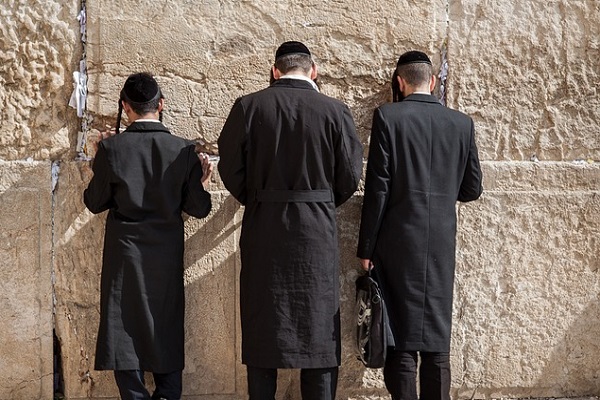
Yom Kippur is the holiest Jewish day.
Yom Kippur is known to be the holiest day of the entire Jewish year[/tweetit], and it began at sundown on Tuesday, September 18. This holiday concludes the new year observances that begin with Rosh Hashanah and continue through Ten Days of Repentance. The goal is to think about the past year in terms of the things that one has done wrong and how they can make up for it in the future. There are certain rules that are to be followed on Yom Kippur, which we will examine here.
Fasting on Yom Kippur[/tweetthis]
A Time For Renewal
The concept of atonement that is present during these celebrations is further developed with the need to be a better individual in the present year. During the Yom Kippur observance, people will often fast for an entire 25 hours to mark the occasion, as it is a solemn period to reduce one’s transgressions. From sundown on the day of Yom Kippur until sundown the following day, the Jewish tradition holds that people will neither eat nor drink, work, bathe, or even engage in sex so that they spend time focusing on the year ahead. This period of reflection is supposed to aid faithful people in their journey towards spiritual wellness by focusing on their religious commitments.
During the Ten Days leading up to Yom Kippur, the Jewish faithful have the opportunity to have God reevaluate their judgment for the year based on good acts, repentance, and prayer. The fast at the end of these ten days is supposed to help people refocus on what is to come, a year of spiritual progression.
Where Did Yom Kippur Come From?
The tradition of Yom Kippur stretches back to the time when God forgave the Jewish people for worshipping the false calf idol after they were able to escape Egypt. Moses climbed Mount Sinai to seek forgiveness from God. When Moses returned to the Israelites with the second set of tablets which laid down the Ten Commandments, that day marked the first Yom Kippur.
Happy Yom Kippur pic.twitter.com/kzO51ophJ9
— Ari Gold (@Entourageliners) September 19, 2018
Since then, the tradition has grown and found its way to the modern day where it is celebrated in a solemn day of reflection. The practitioners have something to look forward to at the end of the day, though. A celebratory meal is eaten at the end of the night, breaking the fast and giving the adherents a new year to focus upon their spiritual well-being.
